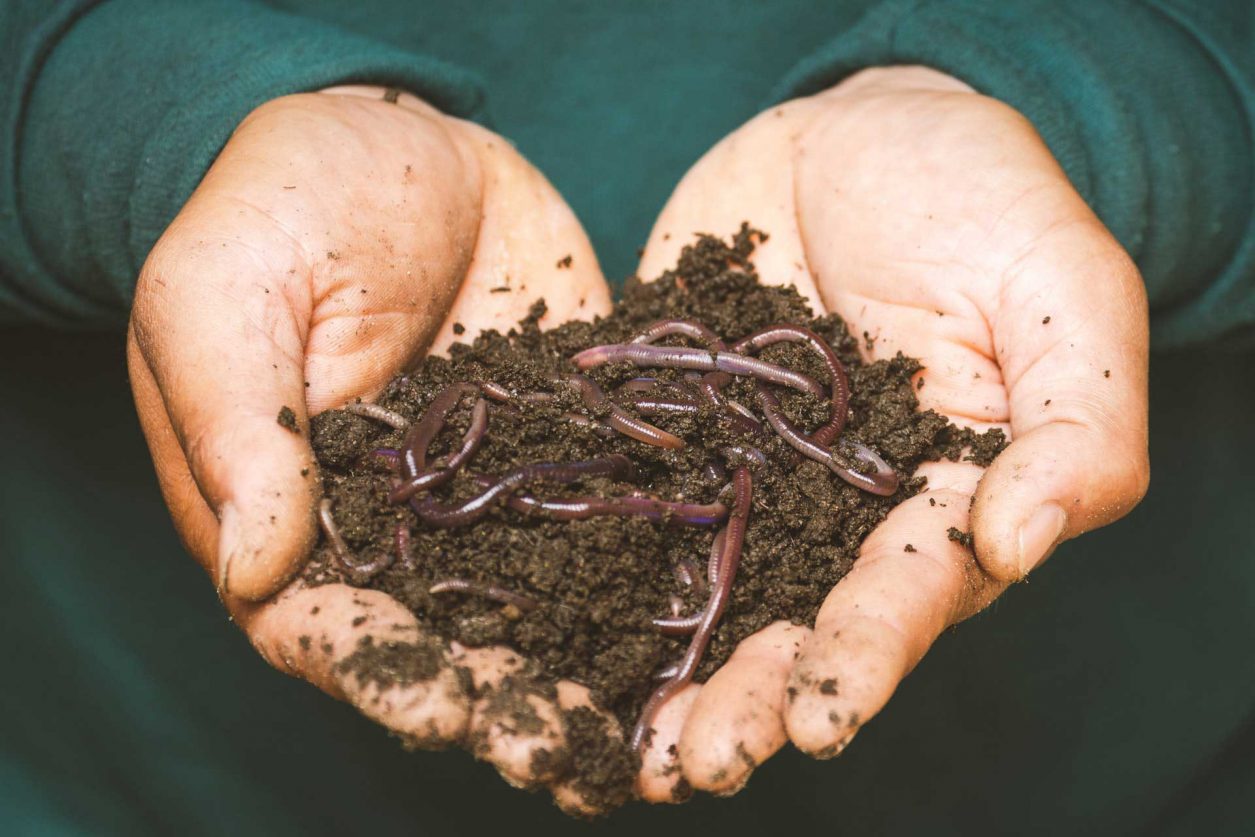Recycling and reusing our food scraps is a logical, economical and an efficient way to address climate change as well as local waste management challenges.
Have you ever wondered what happens to all the garbage you throw out? The average American consumer produces just under five pounds of trash each day, adding up to an unbelievable 1,642 pounds per person per year.
Where does all that garbage go?
Long Island uses various methods to dispose of garbage—incineration, recycling, and trucking garbage off to out-of-state landfills and waste facilities.
Great news, there are alternative waste management options that will better benefit Long Island communities. According to the EPA, in NY state, about 56% of household waste can be composted. Currently, Long Island has no municipal or private funded food scrap pick up or drop off compost programs.
Give Green A Chance:
Community Composting: the Who, Where, How, What, Why, and When of it
Composting organic materials will a make a difference within our community. A food scrap recycling initiative will educate, motivate, & energize our community to be more mindful of the value in their food scraps.
Compost: Impacts More Than You Think!
The Who:
Everyone living in a single-family home, apartment, condo, or townhouse should be encouraged, supported, and provided the opportunity to compost their food scraps. Composting needs to be accessible to all who value healthy soil, nutritious food & want to be part of a community with a conscience.
The Where:
Community composting can take place just about anywhere- backyards, farms, vineyards, churches, firehouses, neighborhoods, school yards, universities, parks, community gardens, and arboretums are all potential sites for community-scale composting initiatives.
The How:
Composting is the aerobic decomposition of organic materials by microorganisms. It transforms materials such as food scraps, leaves, grass clippings, yard and plant trimmings into compost, a beneficial soil amendment brimming with life. There are various methods of composting and all can be used within our communities to divert valuable resources from leaving.
The What:
Compost piles need 4 things- air, water, green(nitrogen) materials, and brown(carbon) materials plus best management practices. All the ingredients for success are readily available within our communities.
The Why:
Community composting promotes a camaraderie of togetherness and empowerment, provides local jobs, supports local food production and security, and circulates money through the community.
Compost:
- Reduces and diverts local waste
- Improves biological, chemical, and physical characteristics of soil
- Improves soil structure, protects against soil desertification and soil erosion, improves water retention, increases resilience to floods and droughts
- Enhances plant disease suppression, reduces need for chemicals, increases soil fertility, increases microbial activity
- Compost improves ability to store nutrients & compost sequesters carbon when applied to the land.
The When:
NOW!
Advocate for policies and programs to implement community-scale composting programs. Promote and participate in community-based compost initiatives. A diverse and decentralized infrastructure is needed! Get our local farmers, and elected public works, parks, agriculture, and economic development officials involved.
Let’s recover our valuable organic material, compost it within our community and use that “black gold” locally because what you’ve got is not waste, it’s a community resource!
Joy Dohertry has successfully piloted a food scrap initiative at the Central Islip Civic Council. Joy and her business partner, Erycka have launched a grassroots company called LI Community Compost—the first startup Worker Cooperative business on Long Island. They have sourced land at The Central Islip Civic Council and will be opening the site for their customers to drop off food scraps for composting.
For more information about grassroot community composting initiatives on Long Island contact info@wecompost.earth.
Please click this link to take a short compost survey: https://www.surveymonkey.com/r/N9VMWRN




















